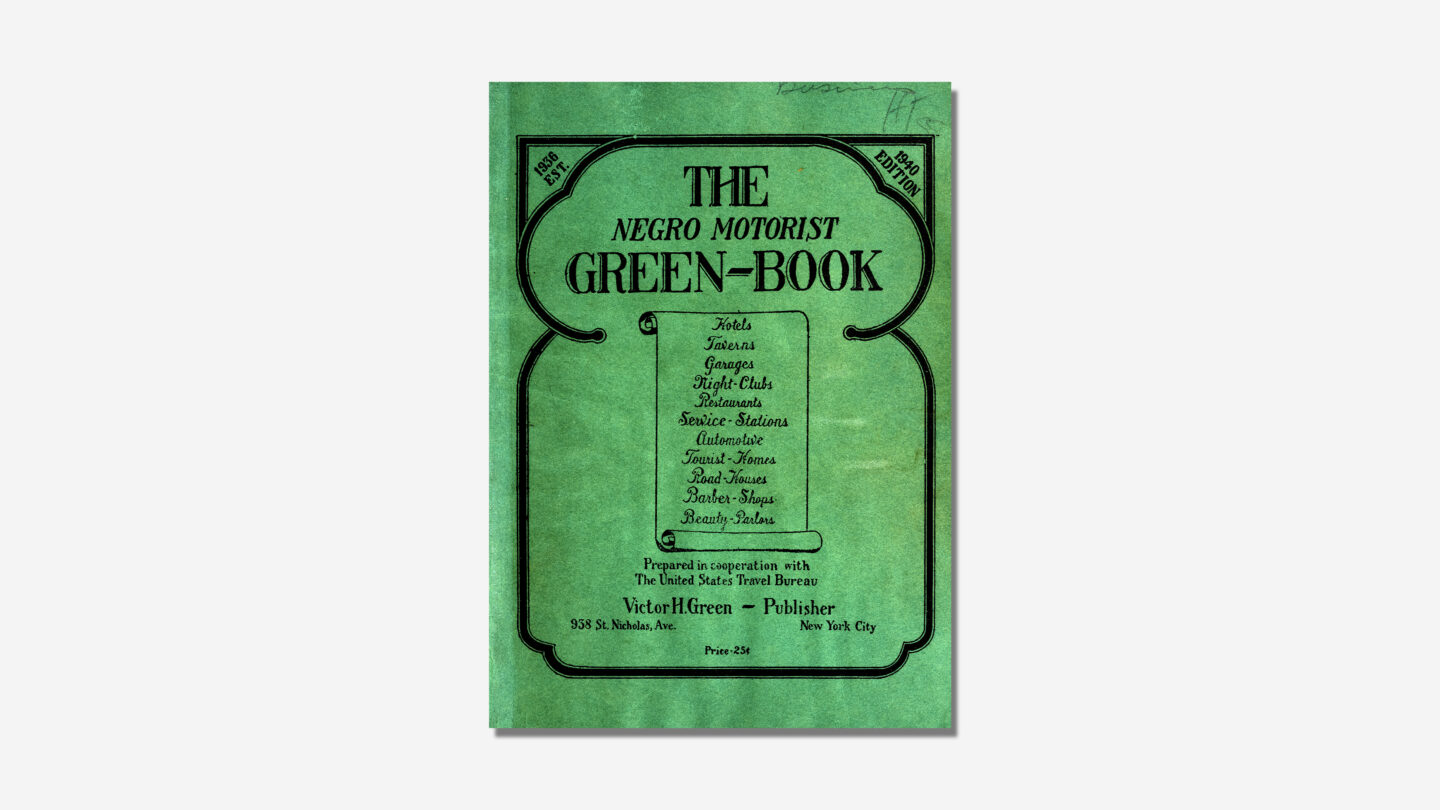
The Negro Motorist Green Book, 1940. (Schomburg Center for Research in Black Culture, Manuscripts, Archives and Rare Books Division, The New York Public Library.)
The Negro Motorist Green Book (later The Negro Travelers’ Green Book) was an annual guidebook for African American travelers. First published in 1936, the pamphlet provided a list of Black-friendly restaurants, bars, hotels, clubs, lounges, and services in states across the country. New York City mailman Victor Hugo Green began publishing the book to help African American travelers safely traverse the United States, where racial discrimination and Jim Crow laws ensured that African Americans faced a variety of perils when traveling. This included the refusal of food service and overnight accommodations, as well as arbitrary arrest and forced expulsion from whites-only “sundown towns.”
Green died on October 16, 1960, but his widow, Alma, continued to publish the guide until 1966. The guide began to lose significance with the passage of the Civil Rights Act of 1964, which ended official racial segregation in public facilities. Here are some of the Atlanta places listed in the guidebook:
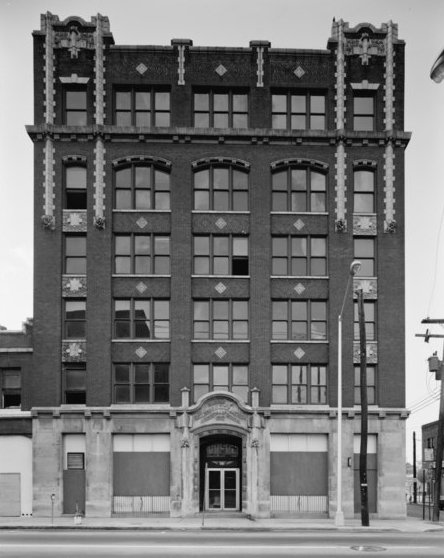
Odd Fellows Building & Auditorium, Auburn Avenue. The Poro School of Beauty Culture opened in the building, October 1930. (James Lockhart, Library of Congress)
Poro School of Beauty Culture | 250 Auburn Avenue
Ella Martin opened Poro School of Beauty Culture in Atlanta in October 1930. It was a branch of Annie T. Malone’s Poro School of Beauty Culture, an international cosmetics enterprise that catered to African American women. Atlanta’s Poro School of Beauty Culture provided hair care and beauty services for African American women as well as cosmetology instruction. When cosmetology laws changed in Georgia and no longer allowed instruction and services in the same space, Martin moved her teaching enterprise across the hall and established Poro College where Black women in Atlanta were able to gain the skills necessary to open their own beauty shops in the city.
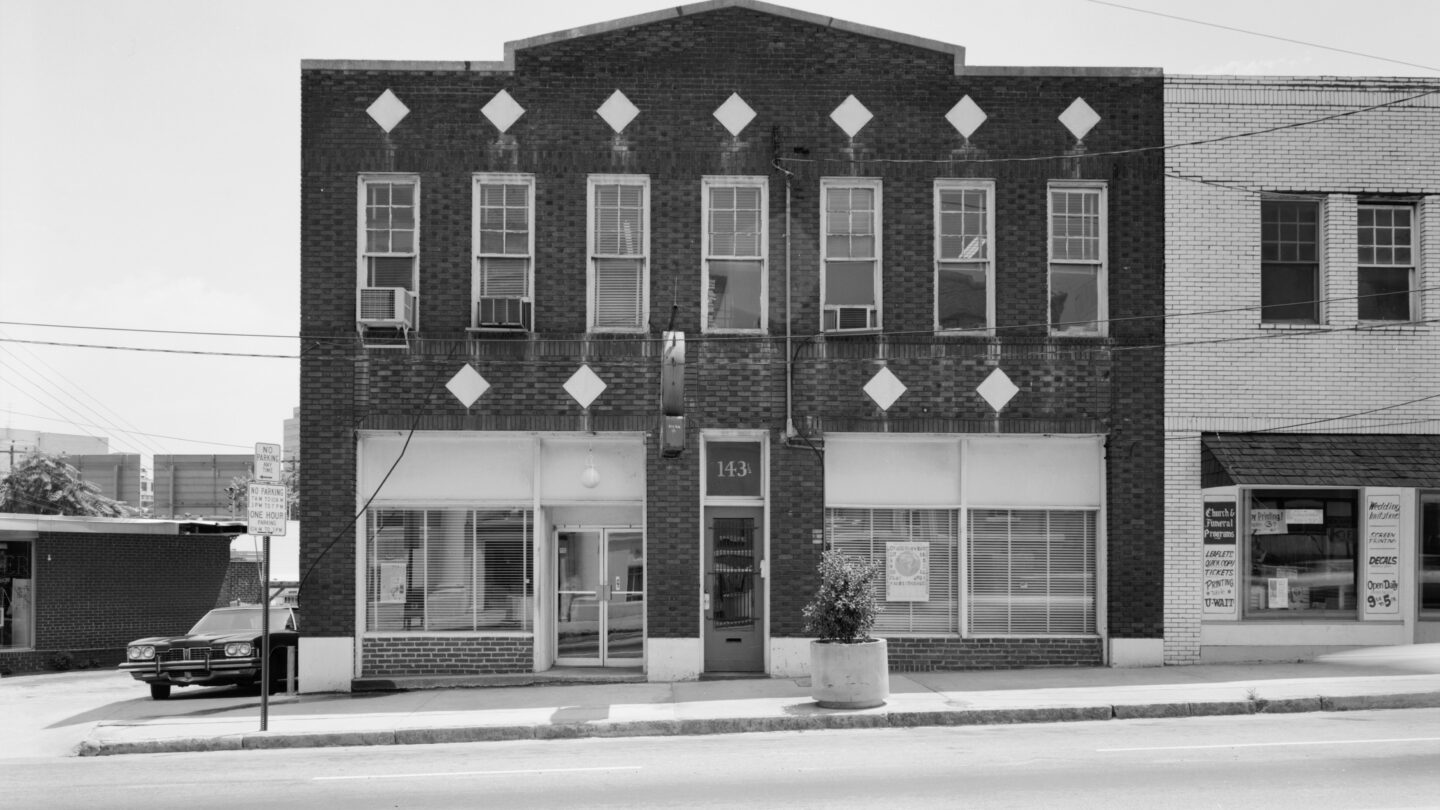
Offices of Atlanta Daily World, Auburn Avenue. (James Lockhart, Library of Congress)
Atlanta Daily World | 145 Auburn Avenue
Morehouse graduate William Alexander Scott II founded Atlanta Daily World in 1928. The newspaper provided coverage of Black news of significance and was the only Black newspaper in Atlanta between 1933 and 1960. When Scott died in 1934, his brother, Cornelius Adolphus, took over the paper and moved it in a more conservative direction. In 2012, Real Times, a publisher of five other African American weeklies, purchased Atlanta Daily World.
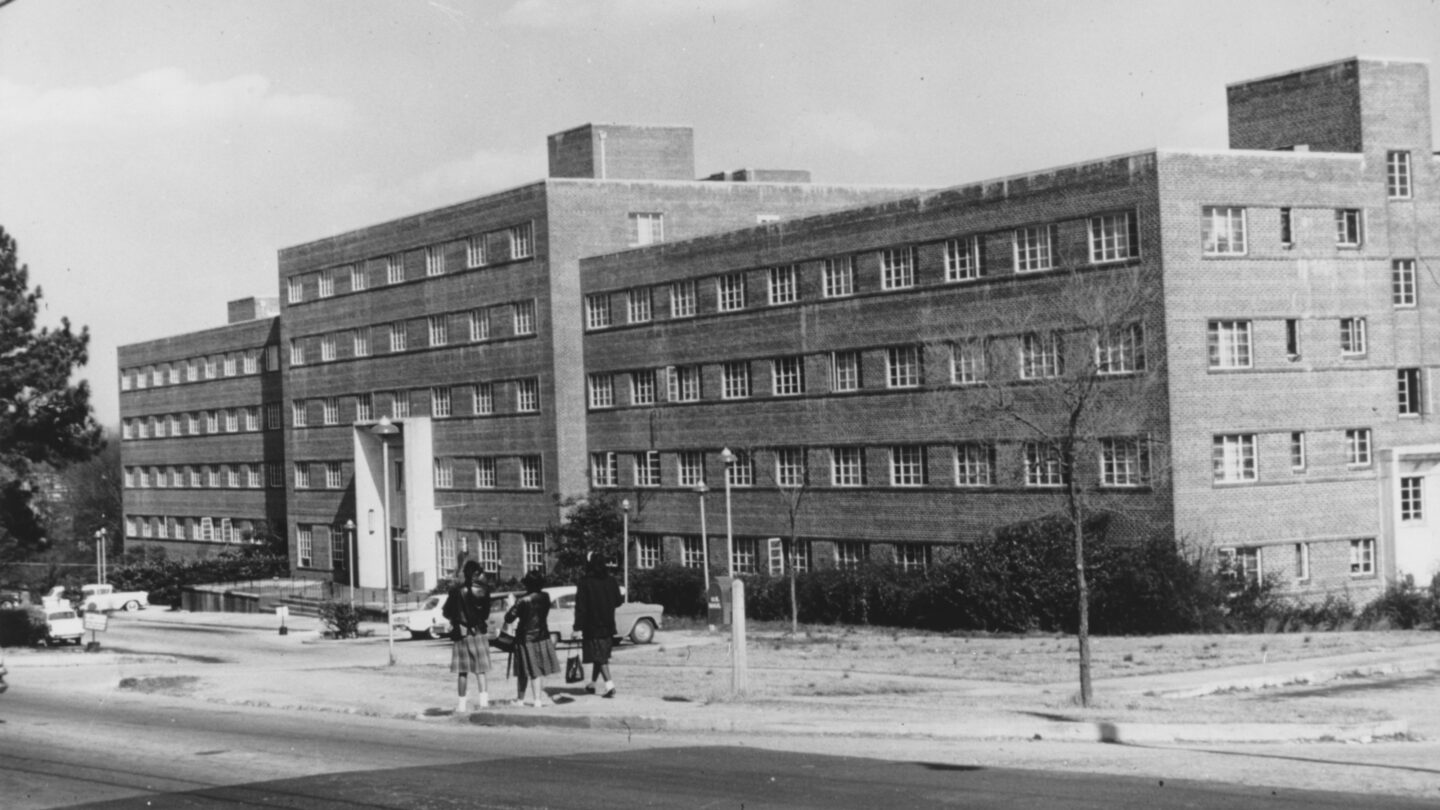
Exterior of the Waluhaje Hotel Apartments. (Long, Rucker, and Aiken family photographs and lithographs, Kenan Research Center, Atlanta History Center)
Waluhaje Hotel Apartments | 239 West Lake Avenue
Walter Aiken developed the Waluhaje Hotel Apartment building in 1951. The name of the building is a mashup of the first two letters of the names of Walter Aiken, his wife Lucy, and his brother and sister-in-law, Hazel and Jefferson. The property was popular with entertainers such as Duke Ellington, Dizzy Gillespie, Ray Charles, and James Brown. In 1969, the building became the Atlanta Job Corps headquarters. When Job Corps moved to a new location in 2017, the property was sold to a development company that plans to revitalize the building.
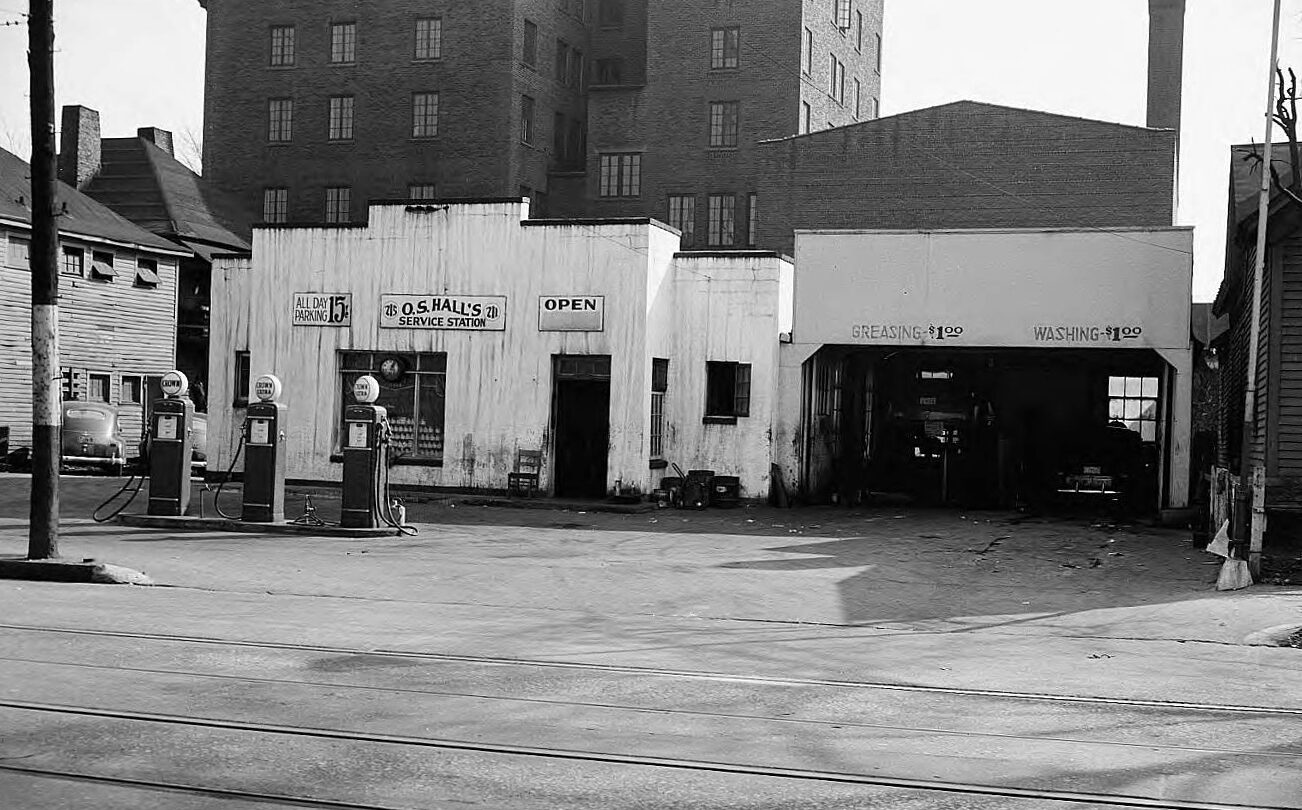
O.S. Hall’s Service Station, Auburn Avenue. Along with Harden’s Service Station, Hall’s Service Station was one of the few gas stations listed in The Negro Motorist Green Book as safe for African American travelers. (LBGPNS1-098a, Lane Brothers Commercial Photographers Photographic Collection, 1920-1976. Photographic Collection, Special Collections and Archives, Georgia State University Library.)
Harden’s Service Station | 848 Hunter Street
Owned by John Harden and his wife, Billie, Harden’s Service Station on Hunter Street was one of the few places listed in The Negro Motorist Green Book where African Americans could safely get gasoline and repairs done on their vehicles. According to Billie Harden, Harden’s Service Station was a bustling filling station where many would congregate, including members of the Atlanta Black Crackers, a local Negro League baseball team that the Harden’s purchased in 1937.

